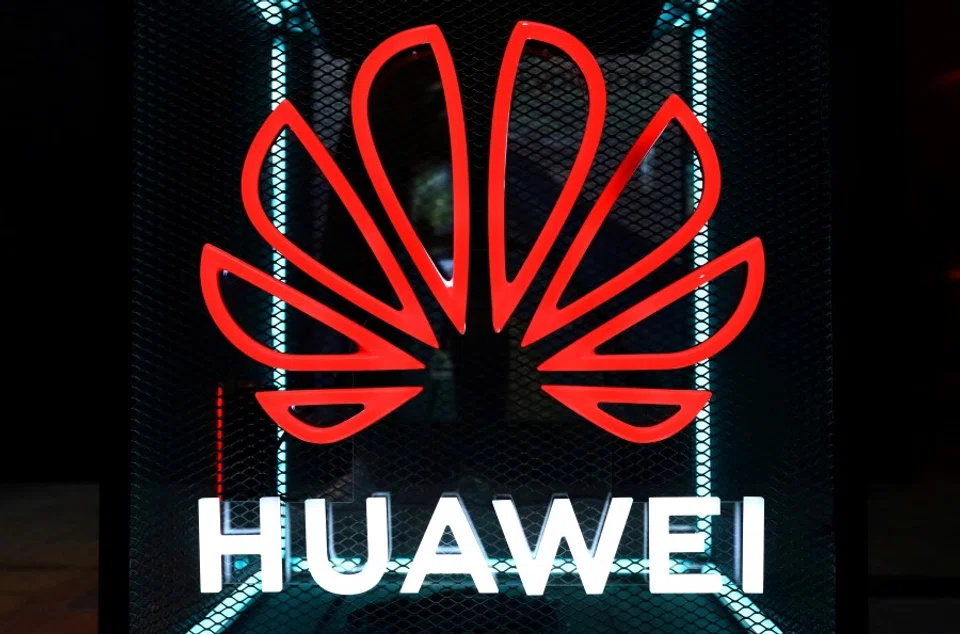Huawei under fire over jailed ex-employee
Chinese telecom giant Huawei is facing a tide of public anger from within China, following its handling of an incident involving a former employee who was wrongly jailed for 251 days. Lim Zhan Ting explores how Huawei landed itself in this position and what it can do to recover its image.

Recently, Chinese telecom giant Huawei faced a crisis of a very different nature than its competition with the US. On Sunday 1 October, exactly a year to the day Huawei's chief financial officer Meng Wanzhou was arrested, news broke of a former Huawei employee who was jailed on an unjust accusation, leaving Huawei's popularity and goodwill in China in tatters.
The story goes that Huawei filed a report against its former employee Li Hongyuan, accusing him of extortion and blackmail following a dispute over a severance package of 300,000 RMB (about S$60,000). He was arrested and detained by Shenzhen police, but was released after 251 days on lack of evidence and was cleared of any charges. He subsequently received a 100,000 RMB compensation from the state. While Li did regain his freedom, many called for an explanation from Huawei, as they wondered if Li had been framed by other Huawei staff, causing him to be jailed for no good reason.
However, the statement from Huawei on the evening of 2 December only served to enrage those who sought justice for Li. Huawei was not apologetic as some had hoped, but defended its right to report Li to the authorities, and even welcomed Li to take them to court: "If Li Hongyuan feels that his rights have been violated, we support him upholding those rights through legal means, including suing Huawei."
Huawei has been resilient in its competition with the US over the past year largely thanks to support from the domestic market, so now that it has roused public anger, it might pay a heavier price than usual.
The backlash that followed was rare for Huawei, which had been very popular in China for quite a while. A lot of media in China carried an open letter written by Meng Wanzhou one year after her arrest, describing her struggles, but the comments pages were overrun by the number "251". The Chinese internet community mocked Meng, saying that Li's 251 days of being locked up was more worthy of sympathy than what she went through.

China's The Paper (澎湃新闻) yesterday ran a strong commentary with the title describing Huawei's lack of empathy as frightening. It summarised Huawei's response as "Sue me!" and likened Huawei to a giant wheel rolling over grass with no apology, with a warning that humans should not act like wolves.
To critics, Huawei seems to have changed from the victim to the culprit. On the one hand, Meng Wanzhou writes an emotive reflection, but on the other Huawei takes a tough stance towards Li Hongyuan and his supporters. And one key point about this backlash is that Huawei has been resilient in its competition with the US over the past year largely thanks to support from the domestic market, so now that it has roused public anger, it might pay a heavier price than usual.
Right now, the main trigger of this anger is Huawei's cold, stubborn response, especially since Li was released and cleared of all charges, and compensated by the state. Even if Huawei was not responsible for the wrongful detention, can it still claim the moral high ground before a former employee who was locked up for no good reason? This collective emotion should perhaps be taken in the context of internet company NetEase's encounter with furious members of the public who blasted it for retrenching an ill employee, and the controversy earlier this year over the "996" work culture (9am to 9pm, six days a week). With growing labour rights awareness, people have higher expectations of management in large corporations.
However, this "251" incident does have its grey areas. For example, was the initial severance package sought by Li Hongyuan reasonable? How much responsibility is on Huawei for Li's wrongful detention? With so many unknowns, the court of public opinion is probably not the most ideal way to resolve this controversy.
... when it comes to situations such as this "251" incident, the public is still keeping a very close eye on developments, and will not blindly support Huawei.
What is clear is that Huawei's use of patriotism in its business strategy is a double-edged sword. Having been caught in the China-US trade war, Huawei's red-hot domestic sales have made up for shrinking sales in some foreign markets. At the same time, people have higher expectations of Huawei in terms of ethics, and they will not ignore behaviour that is seen to violate the rights of an ordinary worker.
One netizen wrote: "When Canada detained Meng Wanzhou, many Chinese spoke up for Huawei and bought its products to help tide it over. So, as a company that is widely supported in China, shouldn't Huawei take some responsibility and manage the sentiments of the community?"

It is clear that even though Huawei has had the wide support of the Chinese public for some time, and has even been called the "people's brand", when it comes to situations such as this "251" incident, the public is still keeping a very close eye on developments, and will not blindly support Huawei.
It is common knowledge that the West, and especially the US, is less than friendly to Huawei as it is. When Meng Wanzhou posted her thoughts one year after her arrest, some Western media sarcastically reported that she had time to read and paint. Now, if the sympathy of the internet community for Meng Wanzhou has been hijacked by the "251" incident, it will be a double whammy for Huawei. In the current complicated situation, even if Huawei thinks it is in the right, it may have no choice but to be more sensitive to public sentiment, carry out emergency public relations plans, and watch its every step.





![[Photos] Fact versus fiction: The portrayal of WWII anti-Japanese martyrs in Taiwan](https://cassette.sphdigital.com.sg/image/thinkchina/3494f8bd481870f7c65b881fd21a3fd733f573f23232376e39c532a2c7593cbc)